Buju Banton's drug trial the talk of Jamaica 19 hours ago
KINGSTON, Jamaica — The U.S. drug trial of reggae star Buju Banton is the talk of Jamaica, where islanders are debating his guilt or innocence on street corners, in offices, in letters to the editor and on social networking websites.
Banton, a four-time Grammy nominee who rose from the slums of Kingston to success in the 1990s, was arrested on federal drug charges in December after DEA agents placed federal informant (a Columbian national) on flight in seat next to Banton traveling from Madrid to Miami. The informant struck up a conversation with Banton indicating he had fantastic prices on cocaine and was looking for someone to supply in the Miami area. The informant testified Banton indicated he knew people who would be interested. Florida jury is deliberating whether Banton actually committed a crime or profited from the sale of drug proceeds.
In the Jamaican capital, some people are dissecting every detail of Banton's case, a few even comparing him to the late reggae legend Bob Marley.
"I've been following it close because Buju is big in Jamaica, like a Bob Marley.
"Way I see it, they need to free the man cause they don't have any concrete evidence against him," Charles Barrett, a resident of the capital, said Sunday.
His most ardent fans believed that he was framed by the U.S. government or gay activists who have protested what they call violent, homophobic lyrics from early in Banton's career as a brash dancehall singer.
"We all know it was a government set up. Just because of your beliefs they want to imprison you," wrote a person identified as R. Johnson on a Web page titled "Free Buju Banton."
The husky-voiced Rastafarian singer has long been a star in his homeland with the brash reggae-rap hybrid of dancehall music and, more recently, a traditional reggae sound.
"He's a major, major figure here, so his trial has dominated the media and people's conversations," Jamaican musicologist and disc jockey Bunny Goodison said. "He's been extremely important through the years because he's represented Rastafari and black consciousness in a very focused way."
Sunday, September 26, 2010
Subscribe to:
Post Comments (Atom)


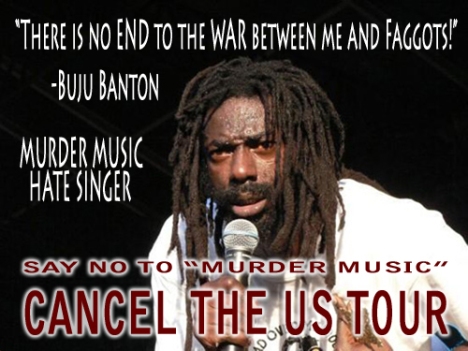






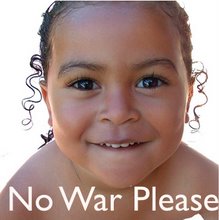





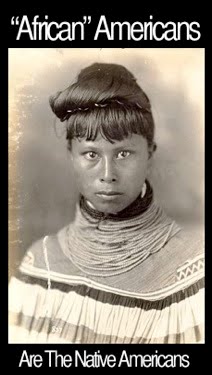




























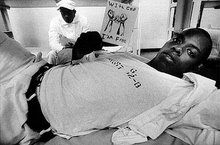
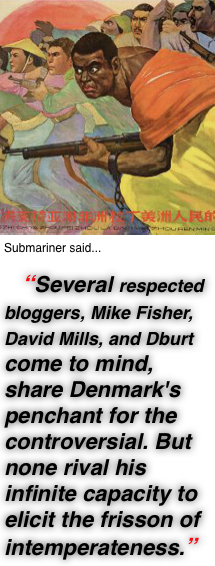


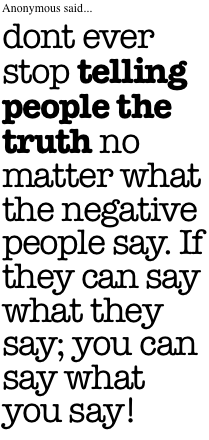

















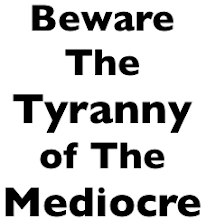





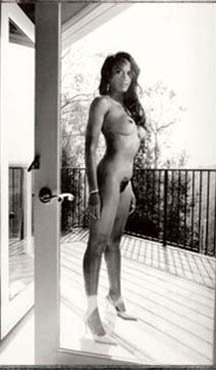




























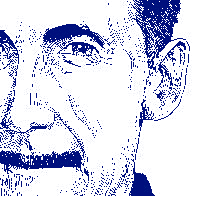







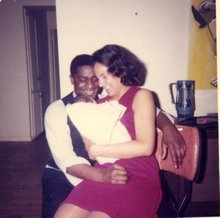

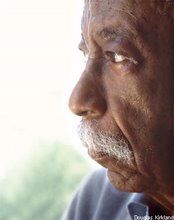


No comments:
Post a Comment